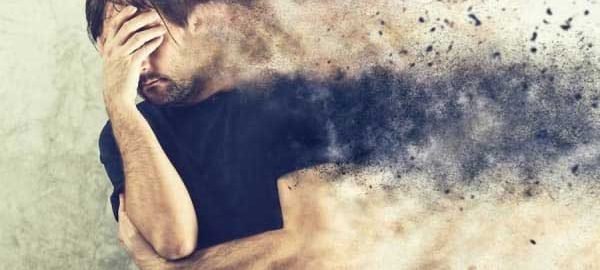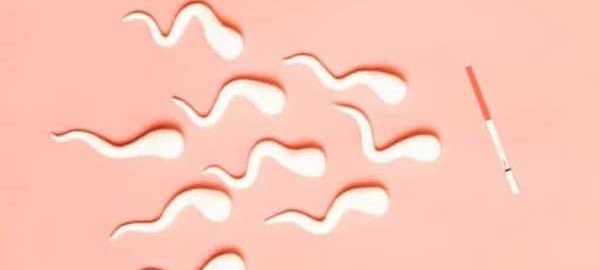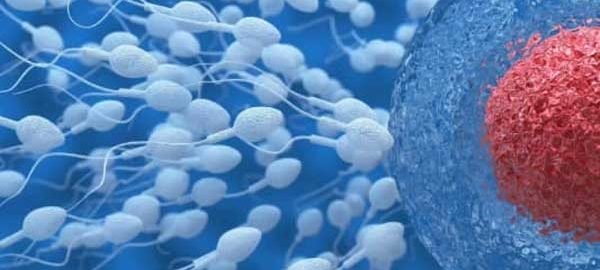It is a barometer of somatic and mental health. It affects your confidence, ego, and relationship quality more. The best part is that you can take care of her, but wait a minute – aren’t you boycotting her? Learn the facts and myths about the erection.
MYTH: “One-off misfire” indicates erectile dysfunction
You are not a machine – fatigue, taking certain medications, too frequent sexual contact, alcohol abuse can cause weakness or lack of erection. If the problem persists and begins to have unpleasant consequences, see a specialist.
FACT: Emotions Can Affect Erectile Dysfunction.
Erectile dysfunction can have many causes – organic, psychogenic, and mixed. Especially in young men, erection problems may be the result of a decreased sense of self-attractiveness, fear of failure or unwanted pregnancy, religious, moral or ethical inhibitions. A psychogenic cause may also be partner conflicts, open or hidden grievances towards the partner or the loss of her attractiveness.
MYTH: Erectile dysfunction affects “old men”.
Your grandfather, your dad, and even you can suffer from potency disorders – the problem affects all age groups. It is democratic and growing – it is estimated that the number of men with erectile dysfunction in the world in 2025 will amount to 320 million! This is largely due to the modern lifestyle: improper diet, lack of exercise, weakness for alcohol and nicotine, the development of civilization diseases such as hypertension and diabetes. Research shows that most men with ED are in the 51-60 age bracket.
FACT: Erectile dysfunction can be caused by drugs.
It is estimated that around 25% all erectile dysfunction occurs as a side effect of taking pharmaceuticals to treat other conditions. The substances that may cause erectile dysfunction are: antidepressants, antihypertensive drugs, neuroleptics, antiepileptic drugs, chemotherapeutic drugs.
MYTH: Erectile dysfunction is a natural and inevitable consequence of the aging process
Erectile dysfunction is more common among older men primarily because the risk of civilization diseases increases with age. However, old age does not have to mean sexual inactivity. Unfortunately, erectile dysfunction appears more and more often in young men. They are largely the result of a lifestyle: stressful work, unhealthy diet or the use of stimulants. Erectile dysfunction should be treated regardless of whether it occurs in a 20-year-old or a 70-year-old. However, in addition to proper treatment, it is worth trying to change your lifestyle to a healthier one. Physical activity, a balanced diet, avoiding stimulants and stress will certainly effectively support the treatment process.
FACT: Men experience their first erections in utero.
Already in utero, our body prepares to experience pleasure later in life. According to studies, from around 16 weeks of gestation, while still in the womb, the boy experiences the first erections.
MYTH: Tight briefs can affect erectile dysfunction
The research so far shows a relationship between the type of underwear you wear and fertility, not potency. Wind-free and tight to the body, it causes pressure and overheating of the perineum area. If the testes are overheated, the quality of sperm decreases, which is mainly manifested by a significant reduction in the number of sperm and their lower mobility.
FACT: Men get erections while sleeping.
Nocturnal penile erections are the spontaneous and natural responses of the male body. A typical and healthy male usually has three such episodes at night, lasting 2-3 hours, and they are associated with eye movements.
MYTH: Erectile dysfunction cannot be treated If left untreated
It can lead to many negative consequences (depression, anxiety disorders). Modern medicine offers us many effective methods of treating erectile dysfunction (testosterone supplementation, injections into the corpus cavernosum, vacuum pumps). Drugs approved for the treatment of erectile dysfunction are phosphodiesterase type 5 inhibitors. The substances successfully inhibit the decomposition of nitric oxide, which may lead to the relaxation of the muscle of the blood vessels and, as a result, to an erection.
FACT: A man’s orgasm is shorter than a woman’s
Orgasm is 6 seconds. For comparison, female – as much as 23 seconds.
MYTH: Alcohol has a relaxing effect and can increase your ability to maintain an erection.
Small amounts of alcohol can encourage you, but larger amounts weaken the nervous system and therefore increase the risk of erectile dysfunction.
MYTH: Oral medications to treat erectile dysfunction are addictive.
Potency medications do not affect the central nervous system – so you cannot become addicted to them, as you would to alcohol or drugs.
FACT: Cigarette smoking promotes erectile dysfunction
The main culprit when it comes to erection problems caused by smoking is nicotine, a substance that has very adverse effects on blood vessels (including those found in the male genitalia). Nicotine acts in the opposite way to the active substance in erection aid, it causes the arteries to narrow and therefore reduces the blood supply to the corpora of the penis, which can make it difficult or even impossible to get an erection.
MYTH: Only men feel the impact of erectile dysfunction.
Erectile dysfunction is a problem not only for men, but also for women. Intimate relationships often suffer, especially when the relationship issue is not discussed. Your partner may feel unloved or think it’s their fault. Frustration, a sense of shame and low self-esteem resulting from potency disorders can also lead to difficulties at work or in relationships with loved ones.
FACT: BMI influences erection
BMI, which is a body mass index that indicates overweight and obesity, poses a risk of potency problems. They are both the result of obesity-related diseases and an independent cause of sexual problems. Among the mechanisms explaining the direct influence of obesity on the increased risk of erectile dysfunction are hormonal disorders, impaired endothelial function and insulin resistance. Research indicates that overweight is associated with a 1.5-fold increase in the risk of erectile dysfunction, obesity – more than 3-fold.










